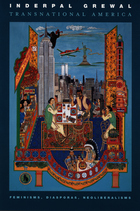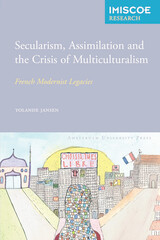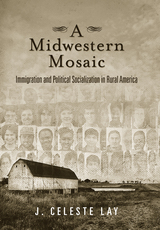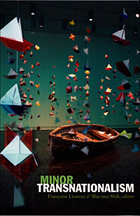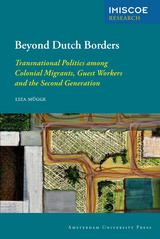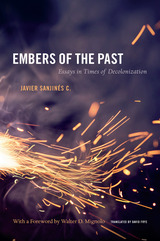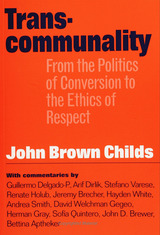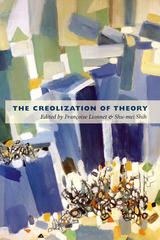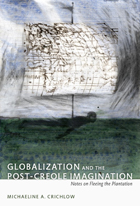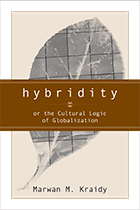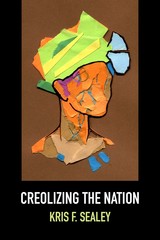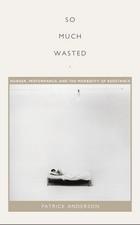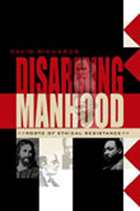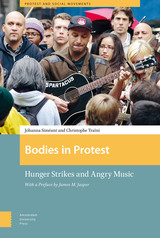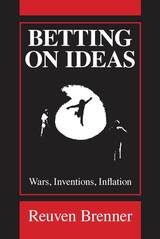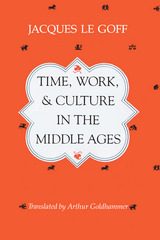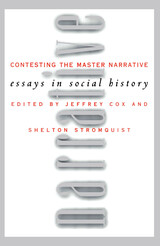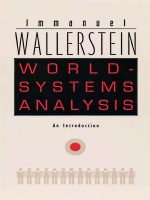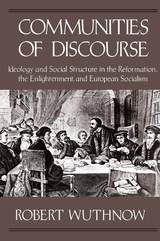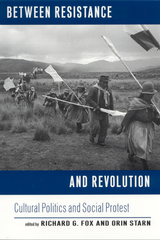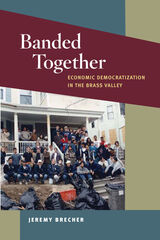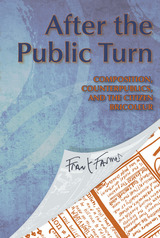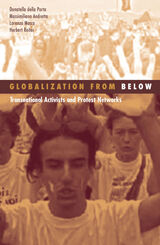Disarming Manhood: Roots of Ethical Resistance
Ohio University Press, 2005
eISBN: 978-0-8040-4015-0 | Cloth: 978-0-8040-1074-0 | Paper: 978-0-8040-1075-7
Library of Congress Classification HM1281.R53 2005
Dewey Decimal Classification 303.61
eISBN: 978-0-8040-4015-0 | Cloth: 978-0-8040-1074-0 | Paper: 978-0-8040-1075-7
Library of Congress Classification HM1281.R53 2005
Dewey Decimal Classification 303.61
ABOUT THIS BOOK | AUTHOR BIOGRAPHY | REVIEWS | TOC
ABOUT THIS BOOK
Masculine codes of honor and dominance often are expressed in acts of violence, including war and terrorism. In Disarming Manhood: Roots of Ethical Resistance, David A.J. Richards examines the lives of five famous men—great leaders and crusaders—who actively resisted violence and presented their causes with more humane alternatives.Richards argues that Winston Churchill, William Lloyd Garrison, Mohandas Gandhi, Martin Luther King, and Leo Tolstoy shared a psychology whose nonviolent roots were deeply influenced by a loving, maternalistic ethos deeply influenced by the teachings of Jesus of Nazareth. Drawing upon psychology, history, political theory, and literature, Richards threads a connection between these leaders and the maternal figures who profoundly shaped their responses to conflict. Their lives and work underscore how the outlook of maternal care givers and women enables some men to resist the violent responses characteristic of traditional manhood. The voice of nonviolent masculinity has empowered important democratic movements of ethical transformation, including civil disobedience in South Africa, India, and the United States. Disarming Manhood demonstrates that as Churchill, Garrison, Gandhi, King, and Tolstoy carried out their various missions they were galvanized by teachings whose ethical foundations rejected unjust violence and favored peaceful alternatives. Accessibly written and free of jargon, Disarming Manhood's exploration of human nature and maternal bonds will interest a wide audience as it furthers the understanding of human nature itself and contributes to the fields of developmental psychology and feminist scholarship.
See other books on: Developmental | Feminist theory | Men's Studies | Roots | Sociology of Religion
See other titles from Ohio University Press

